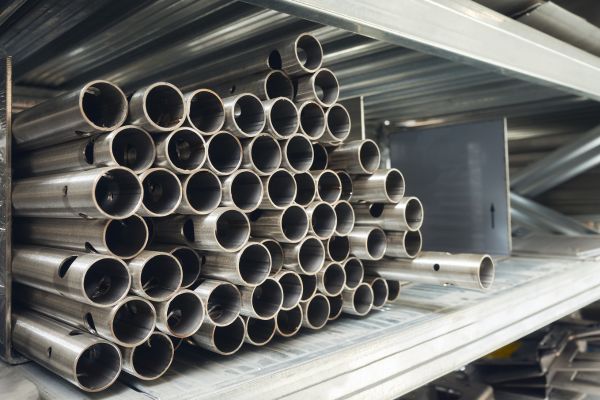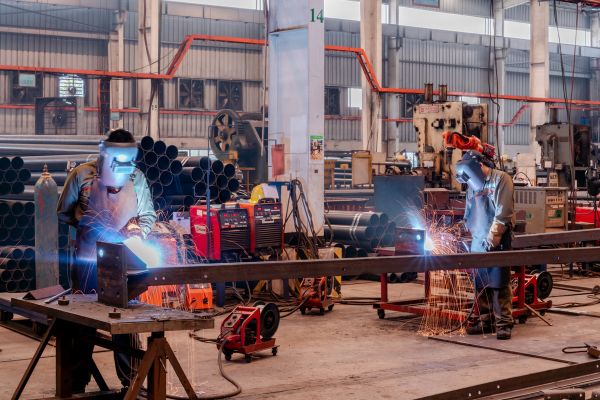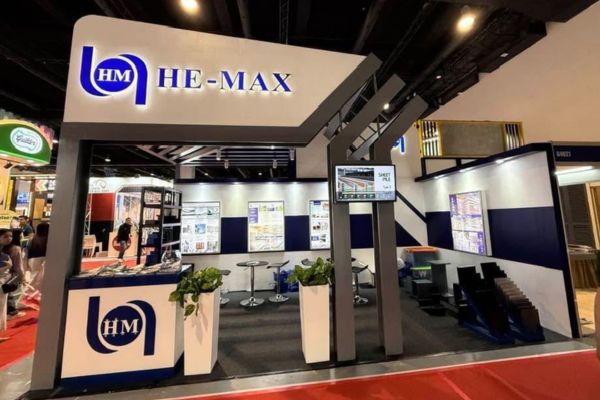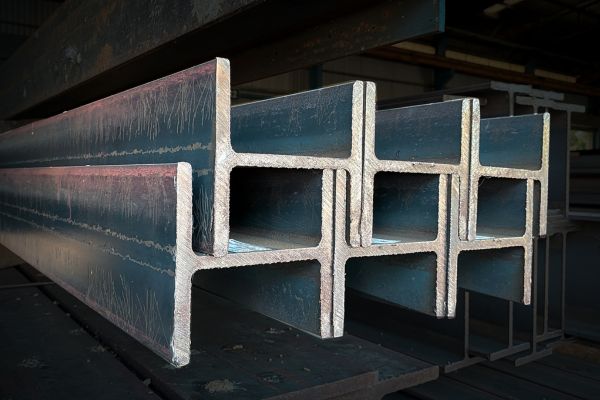
Welding steel tubing is a crucial process across various industries, including construction, automotive manufacturing, and industrial fabrication. The strength, durability, and efficiency of welded steel structures heavily depend on the quality of the materials used, along with considering the available options of tubular steel sizes in the Philippines. Low-quality steel tubing can lead to structural weaknesses, costly repairs, and safety risks. In this article, we explore the significance of material quality in welding steel tubing and learn how to select the best steel tube solutions for reliable and long-lasting results.
The Role of Material Quality in Welding Steel Tubing
Material quality plays a significant role in the overall success and reliability of welded steel tubing. Using high-grade steel ensures that the final structure meets industry standards and performs optimally under various conditions. Here are the key aspects highlighting the importance of material quality in welding steel tubing:
Strength and Durability
High-quality steel tubing enhances structural integrity and load-bearing capacity, ensuring that welded structures remain sturdy under pressure. Inferior materials are more prone to fatigue and stress fractures, leading to potential failures over time.
The strength of steel tubing directly affects its ability to withstand heavy loads, temperature fluctuations, and mechanical stress. Selecting durable materials ensures that the welded tubing can handle demanding applications without compromising safety.
Additionally, high-quality steel reduces the likelihood of deformation during welding, resulting in more precise and secure connections.
Weldability and Efficiency
Premium steel tubing exhibits consistent material composition, which allows for smoother and more efficient welding.
Poor-quality steel often contains impurities and inconsistencies that can lead to welding defects such as cracks, porosity, and lack of fusion. High-grade steel minimizes the need for rework, saving time and reducing labor costs.
Moreover, superior weldability enhances overall efficiency by allowing for stronger, cleaner, and more uniform welds. This is particularly important in industries where precise welding is essential for structural stability and safety.
Corrosion and Environmental Resistance
Quality steel tubing is designed to withstand harsh environmental conditions, preventing premature degradation. Corrosion-resistant materials extend the lifespan of welded steel structures, reducing the need for frequent maintenance and replacement.
Selecting the right steel composition, such as galvanized or coated tubing, ensures long-term protection against moisture, chemicals, and other corrosive elements. This is especially crucial in industries that require outdoor or marine-grade steel tubing to maintain integrity over time.
Common Issues with Low-Quality Steel Tubing
When using substandard steel tubing for welding, various issues can arise that compromise the strength and durability of the final product. Understanding these potential problems can help buyers make informed decisions when selecting materials.
Poor Weld Penetration and Adhesion
Low-quality steel tubing often contains impurities that hinder proper weld penetration, leading to weak bonds between metal surfaces. Incomplete fusion can cause structural instability and increase the likelihood of joint failure. Additionally, inconsistent material composition can result in adhesion issues, making it difficult to achieve secure and lasting welds.
Increased Risk of Warping and Cracking
Inferior steel tubing is more susceptible to warping and cracking due to uneven heat distribution during welding. Materials with poor thermal conductivity may expand and contract unpredictably, causing distortions that weaken the structure. Cracks and fractures in the welded joints compromise load-bearing capacity and may lead to premature failure.
Higher Maintenance and Replacement Costs
Using low-quality steel tubing often results in increased maintenance expenses and frequent replacements. Weak welds and material degradation lead to higher repair costs over time, making cheap steel an expensive choice overall. Investing in high-quality steel tubing upfront ensures cost savings by reducing the need for ongoing repairs and replacements.
How to Choose the Right Steel Tubing for Welding

Selecting the appropriate steel tubing for welding involves careful evaluation of various factors to ensure optimal performance and longevity. The following steps can help buyers make informed decisions when sourcing steel tubing.
Consider steel grade and composition.
Different steel grades offer varying levels of strength, weldability, and corrosion resistance. Understanding the specific requirements of your project can help determine the best steel composition for your application. Choosing high-quality materials that align with industry standards ensures durability and reliability in welded structures.
Evaluate supplier reputation and certifications.
Purchasing steel tubing from reputable suppliers with industry certifications guarantees product quality and consistency. Reliable suppliers provide detailed material specifications, test reports, and compliance certifications to verify the quality of their steel tubing. Conducting research and reading customer reviews can help identify trustworthy suppliers with a track record of delivering high-quality materials.
Ensure the tubing meets industry standards for welding applications.
Welding applications require steel tubing that meets specific industry standards for safety and performance. Checking for compliance with recognized standards, such as ASTM, ISO, or local regulatory requirements, ensures that the materials are suitable for your project. Adhering to these standards minimizes the risk of structural failures and ensures long-term reliability.
Why Choose He-Max Industrial for High-Quality Steel Tubing?
He-Max Industrial is a trusted supplier of premium steel tubing, offering a wide range of options for welding applications. Our commitment to quality and reliability makes us the preferred choice for contractors, manufacturers, and construction firms.
Wide Selection of Premium Steel Tubing
- He-Max Industrial provides an extensive range of steel tubing for various welding applications.
- Options include welded steel pipes, tube steel for buildings, and custom-sized tubing.
- Inventory tailored to meet diverse project requirements.
Compliance with Industry Standards for Safety and Performance
- All steel tubing products meet industry safety and performance standards.
- Rigorous quality control ensures durability, strength, and reliability.
- Ideal for welded applications requiring high-quality materials.
Reliable Supply Chain and Competitive Pricing
- Consistent availability of high-quality steel tubing.
- Competitive pricing and bulk purchase options for cost-effectiveness.
- Ensures businesses can acquire top-grade materials within budget.
Exceptional Customer Support and Technical Expertise
- Expert guidance in selecting the right steel tubing for welding needs.
- Technical assistance and recommendations from a knowledgeable team.
- Helps customers make well-informed purchasing decisions.
Get High-Quality Steel Tubing from He-Max Industrial
For superior weldability and long-lasting durability, choose He-Max Industrial Corporation as your trusted supplier of high-quality steel tubing. Our premium materials ensure that your welding projects meet industry standards while remaining cost-effective.
Contact He-Max Industrial today for inquiries and quotations on steel tubing supplies:
- Trunkline: (632) 8275-3888
- Customer Service Hotline: 0917-1158387 (Globe) | 0925-8092196 (Smart)
Follow us on social media for updates and more industry insights:
- Facebook: https://www.facebook.com/hemaxindustrial







